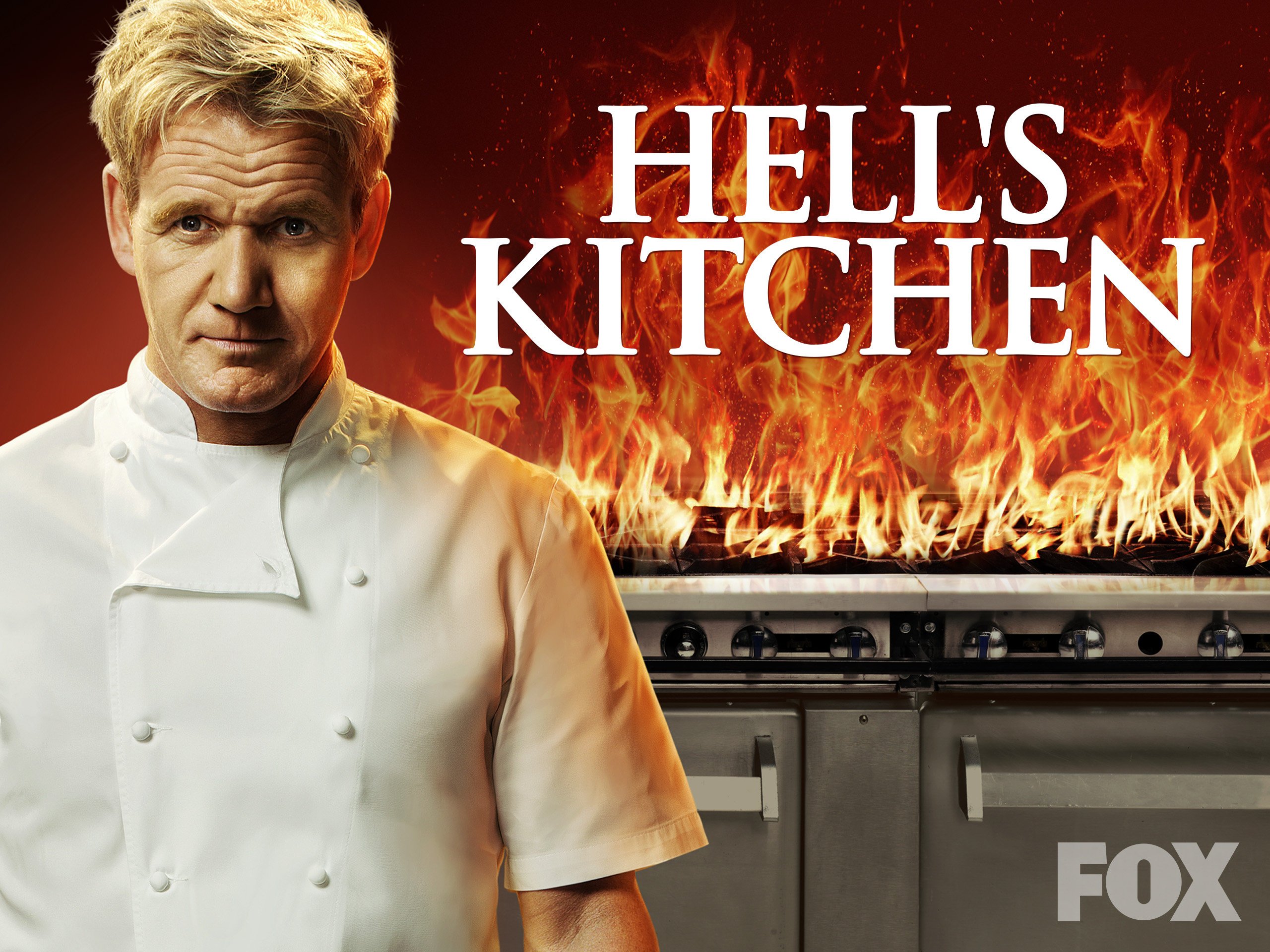Plot and Character Analysis

Hell’s kitchen musical – The central plot of “Hell’s Kitchen: The Musical” revolves around the tumultuous and high-pressure environment of a renowned restaurant kitchen. The musical follows the journey of aspiring chefs as they navigate the intense heat, demanding tasks, and volatile personalities that define this culinary battlefield.
At the heart of the story lies a cast of vibrant characters, each with their own unique motivations and aspirations. The protagonist, a young and ambitious chef named Jake, dreams of making a name for himself in the cutthroat world of fine dining. However, his path is fraught with obstacles, including a tyrannical head chef, a cunning sous chef, and a group of competitive and driven colleagues.
Themes and Messages
Through the interactions of these characters, the musical explores themes of ambition, perseverance, and the pursuit of perfection. It delves into the sacrifices and compromises that individuals make in their quest for success, while also highlighting the importance of teamwork, mentorship, and finding one’s place in a demanding environment.
Musical Elements: Hell’s Kitchen Musical

The musical score of Hell’s Kitchen is an integral part of the storytelling, enhancing the narrative and emotional impact of the musical. The music is a blend of rock, pop, and gospel, and it reflects the diverse characters and their struggles. The lyrics are witty and insightful, and they contribute to character development and plot advancement.
Musical Score
The musical score of Hell’s Kitchen is composed by Stephen Schwartz, who is known for his work on musicals such as Wicked and Pippin. The score is a blend of rock, pop, and gospel, and it reflects the diverse characters and their struggles. The music is energetic and upbeat, and it helps to create a sense of excitement and suspense.
Lyrics
The lyrics of Hell’s Kitchen are written by David Lindsay-Abaire, who is known for his work on plays such as Rabbit Hole and Good People. The lyrics are witty and insightful, and they contribute to character development and plot advancement. The lyrics are often used to reveal the characters’ inner thoughts and feelings, and they help to create a sense of empathy for the characters.
Choreography
The choreography of Hell’s Kitchen is by Andy Blankenbuehler, who is known for his work on musicals such as Hamilton and In the Heights. The choreography is energetic and inventive, and it helps to create a sense of excitement and suspense. The choreography is often used to tell the story, and it helps to create a sense of immersion for the audience.
Historical and Cultural Context
/Kori-Sutton-Mary-Lou-from-Hells-Kitchen-bf58092f3b414de6a8d006d039a0b5de.jpg)
The musical “Hell’s Kitchen: The Musical” draws inspiration from the vibrant and tumultuous history of Hell’s Kitchen, a neighborhood in Manhattan, New York City.
During the late 19th and early 20th centuries, Hell’s Kitchen was a notorious slum known for its poverty, crime, and violence. It was home to a diverse population of immigrants, many of whom were Irish, German, and Italian. The neighborhood was also a hub for organized crime, with gangs such as the Irish Mob and the Italian Mafia vying for control.
Social and Political Issues
The musical addresses a range of social and political issues that were prevalent in Hell’s Kitchen during this time period.
- Poverty and inequality: The musical depicts the struggles of the poor and working-class residents of Hell’s Kitchen, who were often exploited by landlords and employers.
- Crime and violence: The musical portrays the violence that was rampant in Hell’s Kitchen, including gang wars and police brutality.
- Immigration: The musical celebrates the diversity of Hell’s Kitchen’s immigrant population and explores the challenges that they faced.
- Political corruption: The musical also examines the political corruption that was rampant in Hell’s Kitchen, with politicians often colluding with organized crime.
Resonance with Contemporary Audiences, Hell’s kitchen musical
The musical “Hell’s Kitchen: The Musical” continues to resonate with contemporary audiences because it explores timeless themes of poverty, inequality, and violence.
The musical also sheds light on the history of immigration in the United States and the challenges that immigrants have faced. Additionally, the musical’s depiction of political corruption is still relevant today, as corruption remains a major problem in many parts of the world.